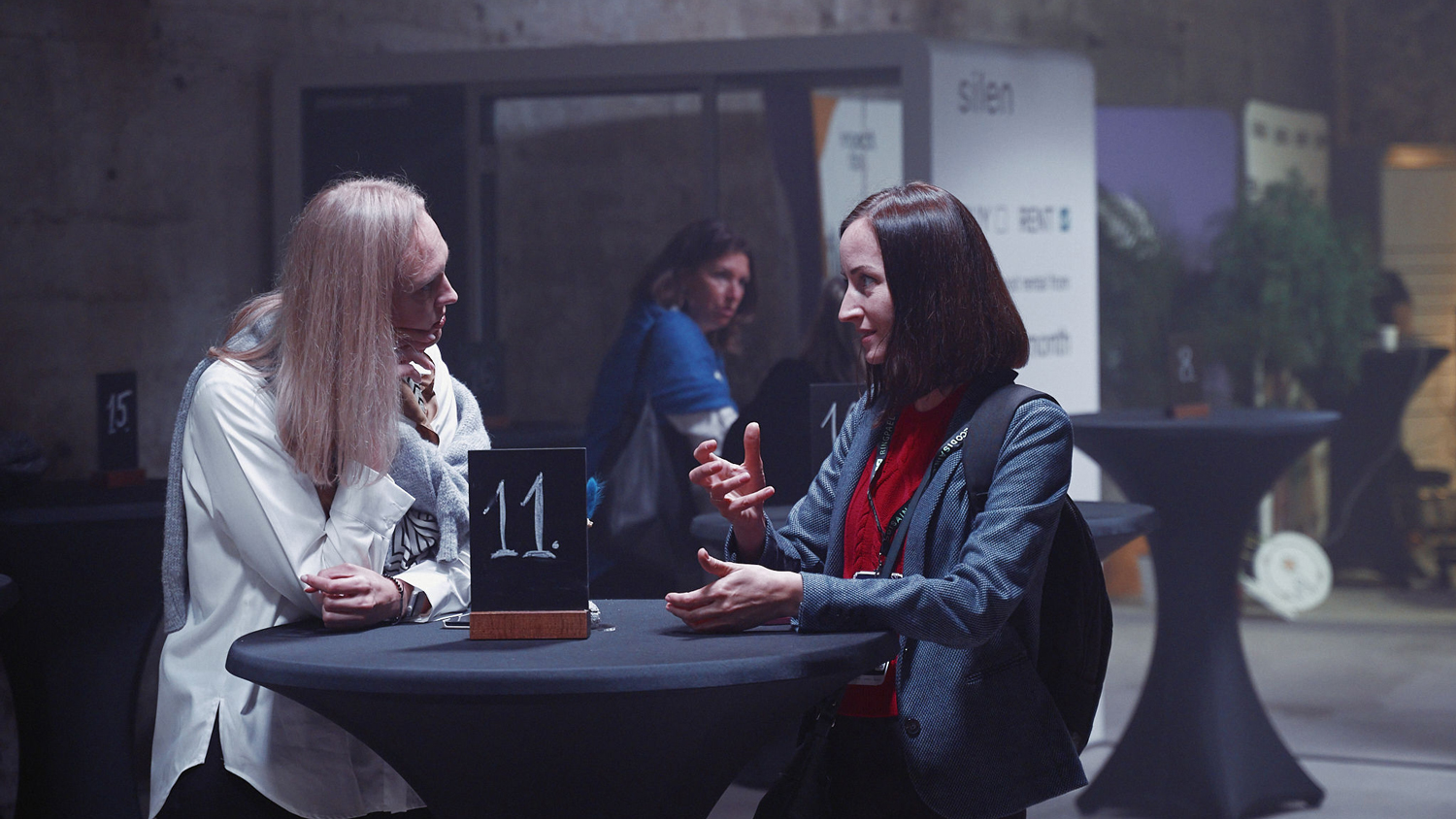The truth is solid, the lie is falling down – that is the state of sustainability, as companies are increasingly being sued for failing to meet climate change targets, deviating from them or simply lying about their sustainability.
Numerous studies conducted in Europe and Estonia show that both people and businesses are increasingly concerned about climate change and expect environmental protection and sustainable economic activity to be a top business priority. For example, a study commissioned by Miltton this spring showed that 76% of Estonian companies consider the European Green Deal to be of vital importance. Consumer research also confirms that people are consciously looking for more environmentally friendly products, and are paying more and more attention to the responsible practices and promises of companies.
However, a survey by the European Commission (2020) concluded that across the EU, more than half (53%) of environmental claims made about products and services are vague, misleading or unsubstantiated, and 40% of claims checked were not substantiated. As a result, the European Union wants to adopt a Green Claims Directive, with the aim of making green claims credible, comparable and verifiable across the EU and protecting consumers from greenwashing, thereby enabling consumers to make informed purchasing decisions. The Directive requires that green claims must be verified and scientifically proven, and misleading can lead to a fine of up to 4% of a company’s annual turnover or exclusion from public procurement and public funding.
Greenwashing cases
Coffee machine and capsule supplier Keurig Canada learned a lesson last year. The company had to pay a fine of €3 million after the Canadian Competition Bureau found that the company’s claims that its single-use drinks capsules could be recycled with other recyclable waste were untrue. In fact, many of the country’s provinces did not accept the used capsules and the company’s instructions on how to prepare the waste for recovery were also found to be misleading. Competition authorities have warned: it is illegal to present goods and services as organic.
It is not only companies that present their goods or services as sustainable that are being sued, but also polluters. For example, the management of oil giant Shell has mismanaged the company’s climate strategy, which environmental lawyers at ClientEarth say fails to meet climate targets. It also puts the company itself at risk – as the world moves towards clean energy sources, it may not be able to adapt to change and could be doomed to bankruptcy. It is interesting to note that specific individuals will be held accountable – eleven company directors personally.
ClientEarth is asking the English High Court to order the management of Shell to adapt its strategy and manage climate risks as set out in the Companies Act, and to comply with the May 2021 ruling of the Dutch court to reduce carbon emissions by 45% by 2030. The company has appealed the latter decision.
As far as environmental problems are concerned, it is not only in Europe that Shell cases reach the courts. In the US, the company has been accused of blowing off investments in renewable energy, and two Nigerian communities blame Shell for contaminated water sources.
Litigation with polluters can take several years. A much more effective way to stop pollution is to turn off the cash flow. This is why organisations fighting for the environmental protection also evaluate banks carefully.
For example, DWS, treasury unit of Deutsche Bank, Germany’s largest credit institution, was accused last year of implementing a deceptive marketing strategy known as greenwashing. According to the researchers, the company’s investment services were presented to the public as much more sustainable and greener than they actually were. BNP Paribas, one of Europe’s biggest banks, was recently sued in Paris over fossil fuel financing projects.
Transparency of SEB green products
The sustainable funding of SEB is based on the SEB Green Bond Framework, which is broadly in line with the criteria of the European Sustainable Finance Taxonomy and is externally verified by a third party. Taxonomy is the European Union’s system of environmentally sustainable economic activities, which defines the criteria by which an economic activity can be considered sustainable.
Sustainability is not the future, it is the present. It is an opportunity for all of us to use free natural resources – sun, wind, water – without polluting the environment, but helping it. Sustainability should therefore become one of the core responsibilities of all inhabitants of this planet, and caring for the environment should become a self-evident and normal everyday thing.
We expect particular responsibility from business. For-profit economic activities bear the greatest responsibility for the use of natural resources and environmental impacts. Businesses, together with responsible institutions, have the most power to change the current situation and promote sustainability in all areas of life.
Text by: Tatjana Vakulenko, Sustainability Officer at SEB Estonia




